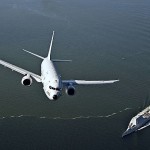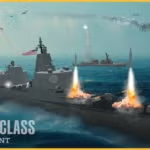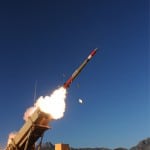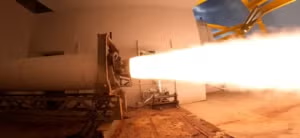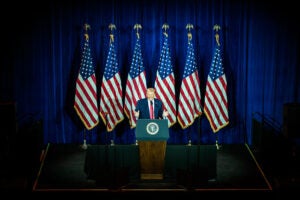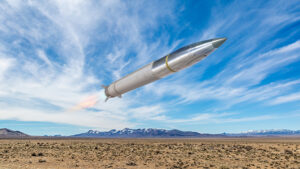
The director for intelligence (J2) for U.S. Indo-Pacific Command (INDOPACOM) this week pointed out a weakness in China’s military readiness to potentially attack Taiwan and how Russia owes China now amid the Ukraine war. Rear Adm. Thomas Henderschedt said while the U.S. and its allies’ militaries have a strong ability for forces to understand and execute commander’s intent through structures like a strong non-commissioned officer corps (NCO) even in a denied command and control environment, China’s People Liberation Army (PLA)…

 By
By 